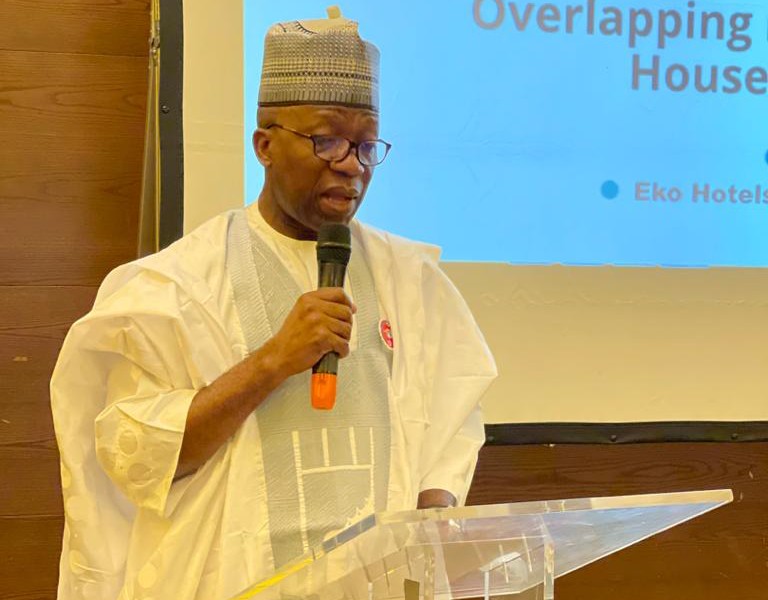The Director-General, National Institute for Legislative and Democratic Studies (NILDS) Prof. Abubakar Sulaiman said the legislative arm of government has found it difficult to give the right oversight towards tackling the prevailing insecurity in Nigeria.
Speaking at the opening of the 2-day capacity-building workshop for members of the Adamawa State House of Assembly, Suleiman said it is easy to blame the executive for all the security challenges but the legislature is also to blame.
“One of the primary mandates of any parliament is to provide adequate and effective oversight of executive actions, including in the security sector,” he added.
Why Nigeria created a bicameral legislature – Ibn Na’allah
FG directs increased maintenance for power installations, bars illegal 33kV connections
He said the situation had been difficult even in advanced democracies due to the opaque nature of the legislature, adding that “It is even more difficult in Nigeria, where long years of military rule and a culture of silence and fear have made accountability of the security sector even more difficult.”
Sulaiman said the primary purpose of legislative oversight of the security sector is for security and intelligence organisations and actors to account for their policies and actions regarding legality, property, effectiveness and efficiency.
“At the National Assembly level, there has been considerable progress in pushing for improved security sector spending and welfare of officers and personnel, the harmonization of legislative frameworks to strengthen inter-agency collaboration and greater transparency and accountability. A lot more can be done to ensure that better results are achieved.
“I hope that we can engage in these matters collectively, openly, honestly and with the rigour that it deserves.
“Let me restate the institute’s commitment to providing the best quality support and assistance not only to the National Assembly but also to state Houses of Assembly and other democratic actors, including those sector actors.”
Sulaiman explained that Adamawa State would benefit from the training because good governance is now more imperative in Nigeria.
“We are faced with challenges in a form and scope that we have never confronted in the past.
“Adamawa State has been at the epicentre of some worst violence over the last decade resulting in deaths, displacements and disruption of livelihoods. These monumental and ever-evolving threats to the peace and security of our country require an honest conversation among the Nigerian elite and political class on how we can collectively and definitively respond to these issues,” he said.

 Join Daily Trust WhatsApp Community For Quick Access To News and Happenings Around You.
Join Daily Trust WhatsApp Community For Quick Access To News and Happenings Around You.


